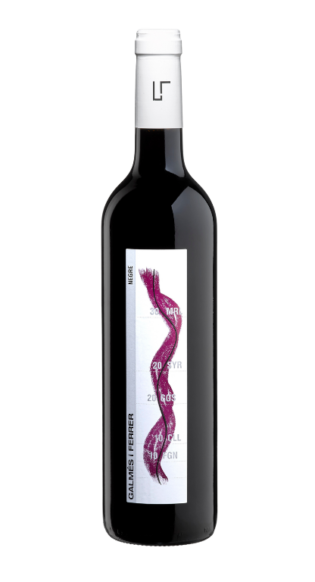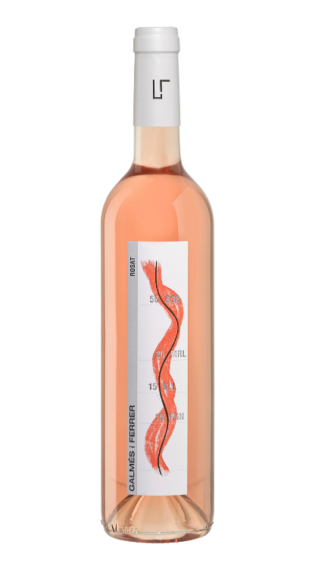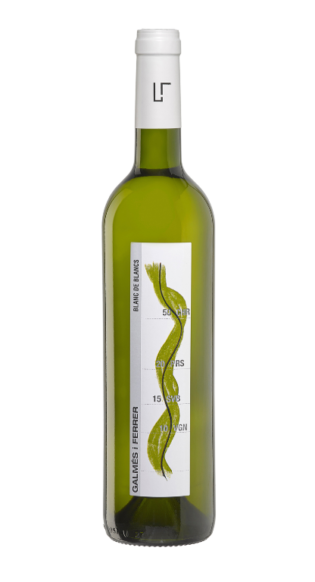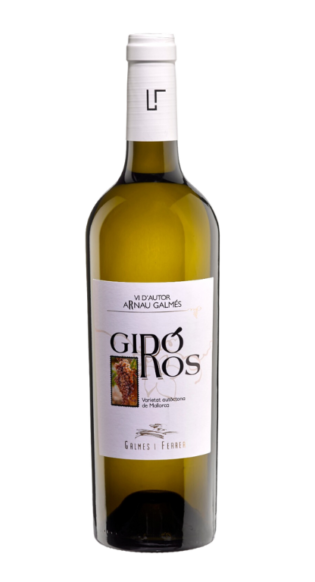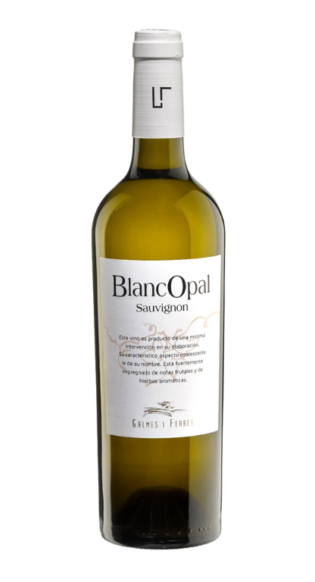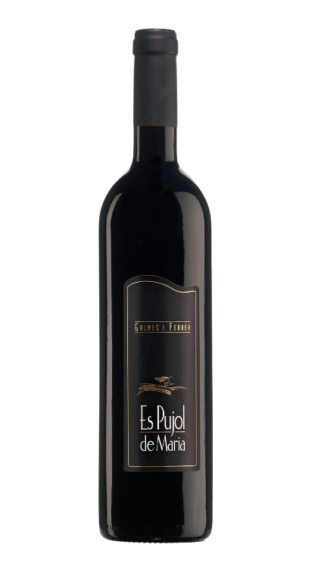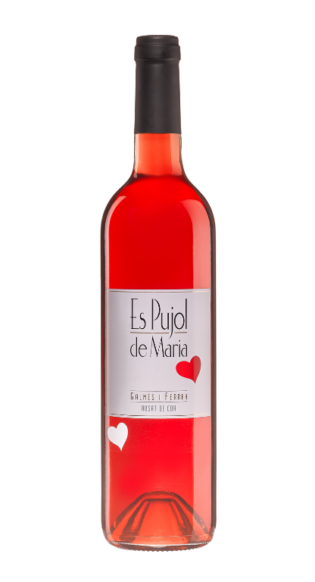High quality wines
H i g h q u a l i t y w i n e s
The School of Oenology of Tarragona was created in November 1988, under the University Reform Law and the statutes of the University of Barcelona, to provide education at the level of a non-approved diploma and specific to this University, since the MEC does not consider oenology within the new university specializations.
The Tarragona School of Oenology, pioneer in the training of Spanish technicians.
A group of professors from the Faculty of Chemistry in Tarragona was the driving force behind the school, which has had a long birth. In this sense, the designation of Tarragona as the headquarters of the center had to overcome the resistance of the Institut Catalá de la Vinya i el Vi (Catalan Institute of Vine and Wine) and the Ministry of Agriculture of the Generalitat, who preferred, “for economic reasons“the candidacy of Vilafranca del Penedés, one of Catalonia’s wine regions par excellence.
In our country there are several vocational training centers in which the specialty of Enology is taught, but until now there was no center that offered training at university level, although there are “masters” in several universities in the country, for graduates in Chemistry, Pharmacy, etc…. This situation placed us at a disadvantage compared to other European wine-producing countries, such as France or Italy, where the University is responsible for the training of well-prepared technicians, who know the characteristics of the soil, climate, viticulture techniques and, in short, sufficient knowledge of oenology and viticulture to make the production of quality wines possible.
In our country,” says Lluis Arola, director of the school, “the oenology profession is developing in third-world conditions because, despite the economic importance of the wine sector, oenologists are still very self-taught. The large companies have three or six oenologists, most of them trained abroad, while the small companies either do not have a technician or the oenologist goes one day a week and also advises another ten or twenty companies. On the other hand, these technicians either come from vocational training or have degrees in chemistry, pharmacy, etc., and they learn the trade by doing.
“This situation has to change,” he adds. From now on, only quality wines will survive. In 1993, when tariffs have disappeared, it will be possible to buy good French, Italian or German wines at rational prices, and then competition will be tough and only those producers who are committed to a good product will survive. This means that companies will need technicians trained to promote the production of quality wines. So we are optimistic for the long term.”
The School of Oenology is located in the former convent of the Poor Clares of Tarragona, on loan from the Tarragona City Council, which also provided the initial budget for the remodeling of the building. The center will provide around thirty graduates a year, “a number that we set,” explains Lluís Arola, director of the school, “depending on the needs of the sector in Catalonia and Spain, because we have students from all over the country. In France, for example, there are about seven schools, with no more than 170 students”.
The curriculum was developed in accordance with the guidelines established by the International Organisation of Vine and Wine, and the wine industry was also consulted to ensure that students’ training meets the needs of the companies in which they will develop their profession. In addition, a series of meetings were held with professors from other enology schools in Europe to outline the contents to be taught.
For three years, future oenologists are prepared to perform the functions inherent to their profession: to have full responsibility for the production of wines and products derived from grapes and wine; to analyze and control the physical, microbiological and organoleptic quality of the products; to be responsible for the planting and cultivation of vineyards; to collaborate in the design of equipment and technology in oenological engineering; and to manage the distribution and marketing of oenological products.
The curriculum is structured on the basis of credits (one credit is equivalent to ten teaching hours), a total of two hundred and fifty-two in three courses, corresponding to five types of subjects: basic, ampelology, oenology, analysis and economics. Practical credits make up almost half of the curriculum during the first two years, while in the last year they become more important (69.4% of the credits are practical).
Laboratory internships
Part of the internships are carried out at the center, which has modern laboratories, a wine tasting room and a small wine cellar. This year, the third year students made cava (a run of 500 bottles). “Later on -says the director of the center- they will be able to make all kinds of wines: red, white, rosé, sweet, young white, etc., because the school also has experimental fields (6.8 hectares) and a pilot winery (800 square meters) located in the “Mas dels Frares” estate, in the municipality of Constantí, ceded by the City Council of Tarragona. At the moment, the vines are already planted and we are waiting for the financing to be able to start work on the winery”.
After the second year of studies, students are required to complete a mandatory internship of at least four months between July of the second year and February of the third year. The internships have a practical component that takes place in winemaking cellars and a theoretical component in oenological laboratories.
At present, the school’s first class of oenologists has already graduated, comprising six people, plus another ten who obtained their diplomas last February. Regarding his job opportunities, Lluís Arola warns that “this is not a very good moment for the sector, since after three or four years of “euphoria, of “boom”, especially in the cava sector, in which all those who had vineyards started making wine or cava, now it has been seen that the market is not enough, and that only those companies that offer a good product and have a good sales capacity can survive”.
“It is difficult to enter a conservative sector like this one,” he adds, “in which only large and medium-sized companies have winemaking technicians with full dedication, while small producers only have technicians who: advise them once a week.”
Work is currently underway with the University of Montpellier for the homologation of the degree within the framework of the European Community, and the MEC will also study the possible homologation of these studies, depending on how the experience of the School of Oenology of Tarragona develops.
In addition,” Arola concludes, “together with the heads of schools in France, Italy and Germany, we are preparing a Commet exchange program between all the centers in Europe, which would include both the exchange of students and the exchange of teaching systems, study materials, teaching organization, etc.”


